
CulinArt, Stony Brook University’s catering company, used Stony Brook funds to pay employees working at other locations, misreported how much money they spent on dining hall food and avoided obligations to split their profits with the university, according to a review of financial documents and emails obtained by The Statesman.
This allegedly resulted in a loss of revenue for Stony Brook, a public university funded by the state, as well as lower-quality food and service in the school’s dining halls.
The New York Attorney General launched an investigation into CulinArt’s operations at Stony Brook in December 2021 based on allegations of misappropriation of state funds, according to an email.
In January 2023, Stony Brook Vice President of Student Affairs Rick Gatteau asked Internal Control Officer Douglas Panico to investigate these allegations, according to an email obtained by The Statesman.
CulinArt — which has operated Stony Brook’s dining halls since 2017 and services 250 locations across 18 states — is a subsidiary of Compass Group, the world’s largest contract foodservice company. Compass Group has been sued for fraud multiple times, including in an $18 million settlement with New York public schools in 2012.
The Statesman spoke with four former CulinArt employees as part of a two-month-long investigation: Dwayne, Quinn, Tom and Stephanie, all pseudonyms used to protect their futures in the food industry and the integrity of the Attorney General investigation.
All four held management positions: Quinn with corporate, Stephanie with Human Resources and Tom and Dwayne in the dining halls.
“I was asked to keep a lot of it silent,” Stephanie said. “And ethically, I couldn’t stomach it anymore.”
Three of the employees resigned after learning about the company’s practices. Dwayne says he was fired for questioning those practices.
The official reason for Dwayne’s firing was “lack of work,” until he filed a lawsuit against CulinArt for wrongful termination. After that, the company said he was fired for theft. The lawsuit is still ongoing.
The employees said they suspected wrongdoing while working for CulinArt and discovered the full extent of the issue once they shared information with each other in August 2020.
The Statesman’s investigation did not include documents from after 2020.
Lack of Profit Sharing
Stony Brook’s Faculty Student Association (FSA), which oversees the university’s catering operations, hired CulinArt with a 10-year contract in 2017. The contract contains a section called “Profit Sharing.”
In short, if CulinArt makes any profits above 6% of their sales at Stony Brook, they must split those profits 50-50 with the school. The four employees said this never happened while they were working at CulinArt.
“We have not shared a dime of profit,” Dwayne said.
CulinArt fabricated expenses for their operations at Stony Brook to hide their profits from FSA and appear as if they were not generating revenue above the 6% mark, the former employees said. These included payroll and food costs that were actually for operations at other CulinArt locations.
“We are misleading the students on a program that they’re paying for but they’re not really getting,” Quinn said. “And the state of New York is not getting their money either because we are transferring in expenses.”
CulinArt senior managers met weekly with FSA administrators to review their operations and expenses. Financial details were presented to FSA in Excel spreadsheets that listed total sales and other values. The former employees at these meetings said some of the numbers in these spreadsheets were inaccurate.
“There’s no oversight,” Dwayne said. “We cook the books … If you’re able to show Excel spreadsheets from day one, and you’re lying … your budget becomes like a normal thing.”
CulinArt’s official financial records are kept on a platform called OMS. CulinArt never presented all of their OMS records to FSA, and FSA never asked to see them, according to Quinn, who attended the weekly meetings in 2019.
Quinn said he pointed out the discrepancies to senior CulinArt employees.
“The plate cost [how much money CulinArt spent on each meal] in the cells was altered and was never challenged,” Quinn said. “Some of these things would come up, and it would be really brushed to the wayside. I kept feeling more and more uncomfortable.”
The artificial expenses also allowed CulinArt to avoid actual investments in the dining program. Quinn recounted an instance when CulinArt told FSA they could not afford to serve bacon in Stony Brook dining halls, using inflated expenses as justification.
“It’s taking away both the nutritional factor of the dining program and the overall value of what a student should be getting,” Quinn said.
CulinArt CEO Michael Purcell and Vice President Lou Vogt did not return multiple requests for comment on this article. A CulinArt spokesperson issued a written statement to The Statesman in response to the allegations.
“For the past six years, we have had a strong relationship with Stony Brook University and the FSA and have always been fully transparent in everything we do,” the CulinArt spokesperson said. “While we are aware of some questions raised a couple of years ago, we immediately provided answers to clarify the situation and as part of the Stony Brook community, continue to work collaboratively with the administration to proudly serve students, faculty and staff great meals every day.”
Four FSA administrators and the FSA media relations department declined to be interviewed for this article.
The Stony Brook media relations team provided the following written statement on behalf of FSA officials: “We have various audit and control mechanisms built into our oversight policies and practices. These are designed to ensure compliance with the vendor’s contractual obligations.”
Missing Employees
When the COVID-19 pandemic hit Stony Brook in March 2020, the school closed all of its on-campus housing and refunded the unused portion of residents’ meal plans. This represented a major loss in revenue for CulinArt.
In response, FSA agreed to fully pay the salaries of 20 CulinArt managers. But, records and former employees revealed that CulinArt put three corporate employees on Stony Brook’s payroll who were not actually working at the school.
“[The three corporate employees] had nothing to do with Stony Brook at all,” Stephanie said. “It was so glaringly obvious. In every report I ever ran … they’re all highlighted separately from everybody else, because they literally never worked there.”
One of the three corporate employees confirmed in a phone call with The Statesman that he does not currently work at Stony Brook, but declined to comment further. The remaining two could not be reached for comment.
Beginning in April 2020, CulinArt charged Stony Brook over $19,000 in salary for one of the three corporate employees. She was an administrative assistant in Plainview, N.Y. who never stepped foot on Stony Brook campus, the former employees said.
In an email sent on Aug. 5, 2020, CulinArt’s payroll manager alerted Stephanie and other senior employees that the assistant was “still showing up under SBU.” Still, the assistant’s salary was charged to Stony Brook until October, according to a 660-page PDF of paystubs obtained by The Statesman.
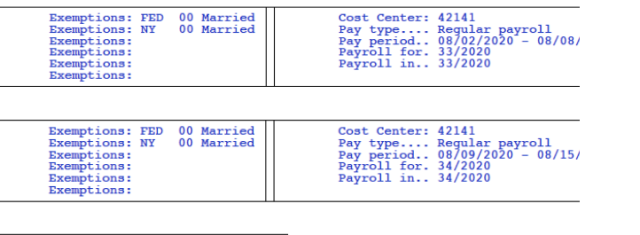
“FSA demands us to have a certain number of management and a certain number of food service workers and cooks,” Dwayne said. “So we just tell them we have it, and they pay. We don’t have it.”
Other employees spent working hours in the Hamptons and other locations, all while managers logged their hours at Stony Brook.
A September 2020 email from a CulinArt director of operations mentions that a Stony Brook employee was actually working in Bridgehampton, N.Y. over the summer. But, paystubs show that the employee’s salary was still being charged to Stony Brook.
In a phone call with The Statesman, the employee said he “did not recall” where he was working during the summer of 2020.

Additionally, emails and paystubs show that CulinArt billed Stony Brook over $2,500 for gas and mileage expenses for another employee to commute to a Bridgehampton club during the summer of 2020.
The Bridgehampton commuter confirmed in a phone call with The Statesman that her work during the summer of 2020 was completely unrelated to Stony Brook.
Tom was another one of the employees sent to the Hamptons. He personally saw management-level staff working across Long Island while their hours were being billed to Stony Brook.
“They would send me to Westhampton to work,” Tom said. “They sent me to Bridgehampton to work. They sent me to the Cradle of Aviation to work.”
CulinArt also billed Stony Brook for the health and welfare benefits of nonexistent employees. On Sept. 30, 2020, CulinArt sent a $460,000 invoice for the item “Repay H and W 2020” to “SBU-Administration.” This dollar amount corresponds to 162 workers — 42 of whom had already been fired, former employees and internal documents revealed.
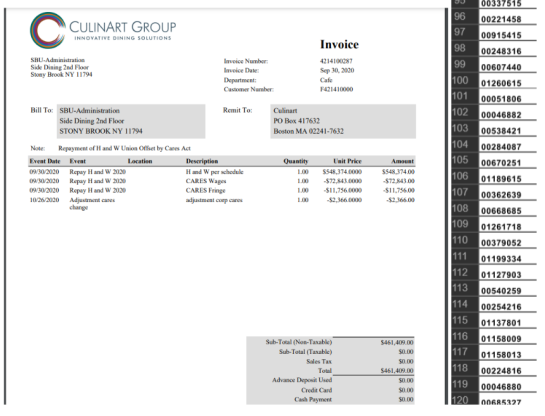
“FSA dropped the ball during COVID,” Dwayne said. “None of them were on site. No one was watching us. And they just kept paying our invoices.”
Stephanie echoed Dwayne’s observations.
“I was working at West Side Dining on the second floor with FSA, and I was by myself,” Stephanie said. “They were never there. They had no idea what was going on.”
FSA’s contract allows them to hire an external company to perform an audit of CulinArt. To the former employees’ knowledge, an audit never occurred.
Since FSA declined to comment, The Statesman was unable to determine whether FSA knew or gave approval for Stony Brook employees to work at other locations.
Van Sullivan was the executive director of FSA throughout 2020. Dwayne sent emails to Sullivan in February 2021 and October 2022 asking to discuss “fraud at SBU” but never received a response.
Sullivan declined to be interviewed for this article.
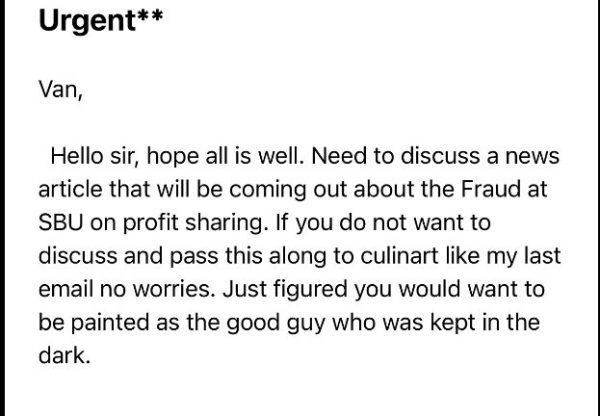
Food expenses
CulinArt’s contract stipulates that the company should attempt to spend $3.60 on each meal served at dine-in locations. But, CulinArt is the one estimating the value of the food they serve.
In reality, CulinArt was spending between $2.90 and $3.40 on each meal served to students, per internal records and staff testimonials.
A difference of a few dimes may not seem like much. But when multiplied by the number of meals served at Stony Brook dining halls — which are open to the school’s 18,000 undergraduates for three meals every day — the total discrepancy potentially reaches millions of dollars.
CulinArt then allegedly presented inaccurate financial statements to FSA that claimed they were spending $3.60 on each meal, the former employees said.
Dwayne recalled an instance where CulinArt received a shipment of approximately $1,000 worth of ramen noodles, but wrote in an expense report that the noodles cost $19,000.
FSA also required CulinArt to purchase at least 20% of their food from local businesses and 16% from minority-owned businesses. The former employees maintain that CulinArt ignored this stipulation and that only 10% of the food came from local businesses, at most.
CulinArt declined to comment to confirm or deny these allegations.
The Statesman is awaiting the results of multiple Freedom of Information Law (FOIL) requests to determine the scope of the Attorney General and Stony Brook investigations into CulinArt.











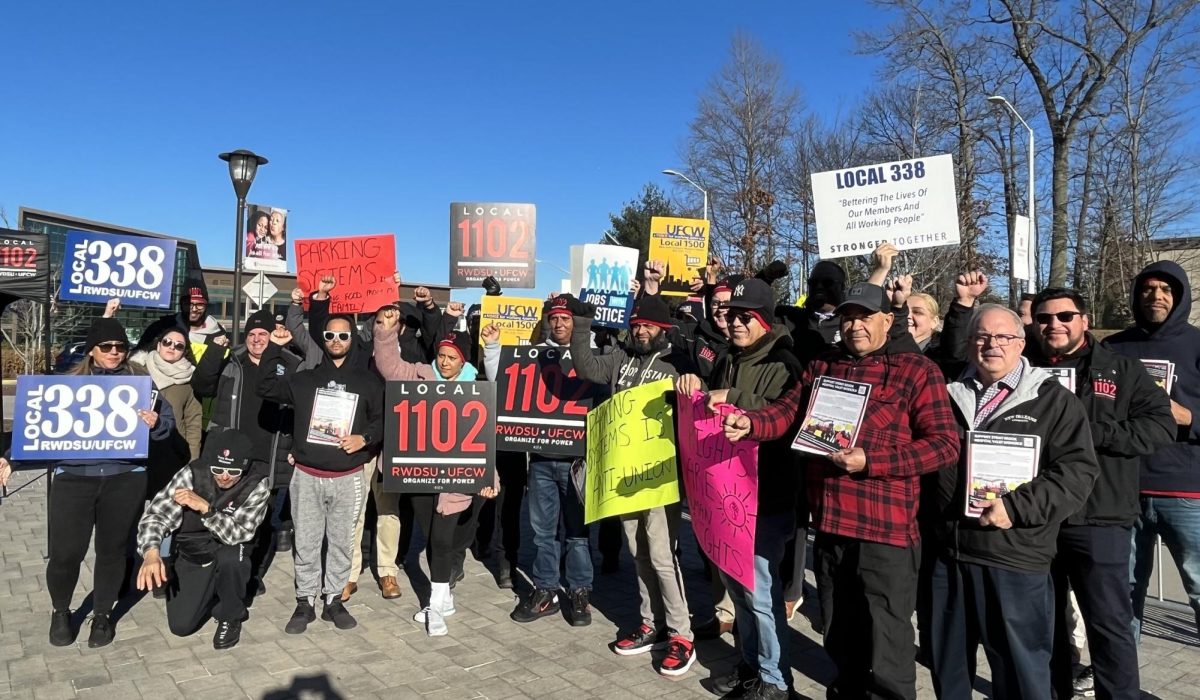
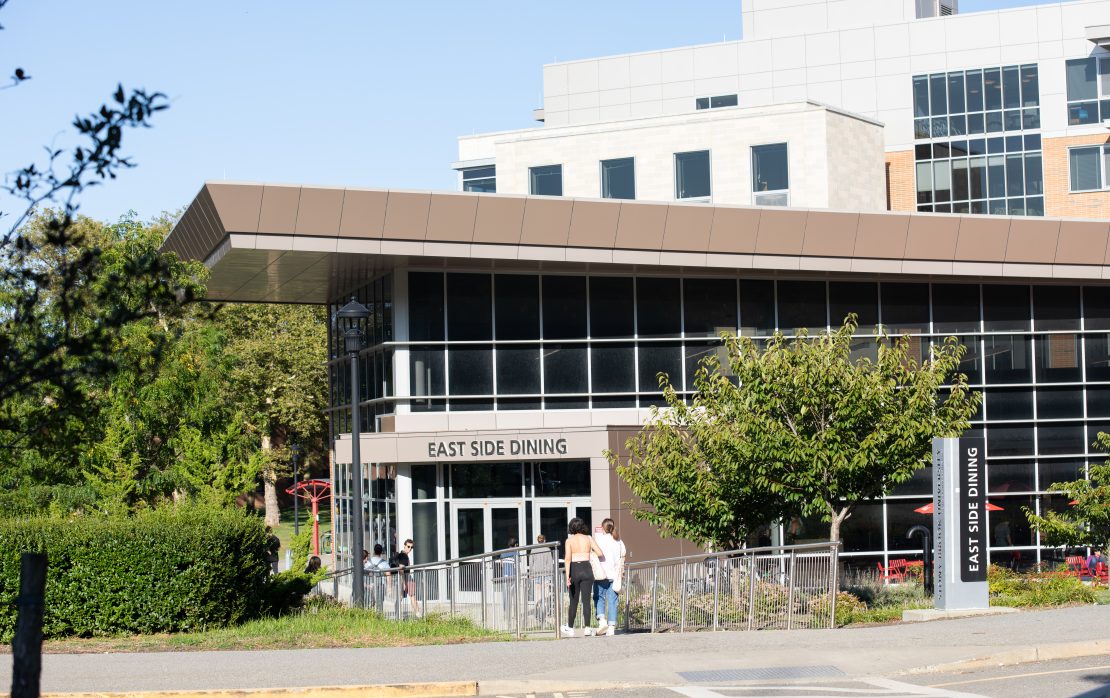




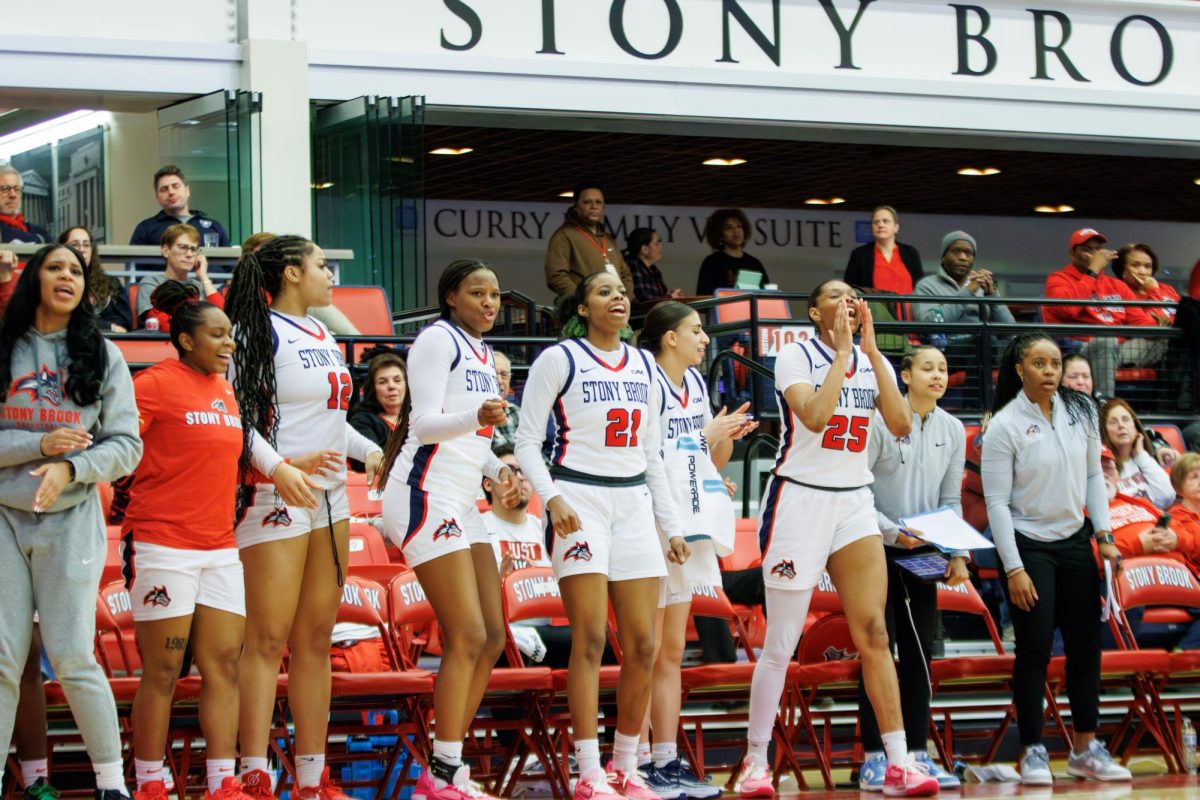
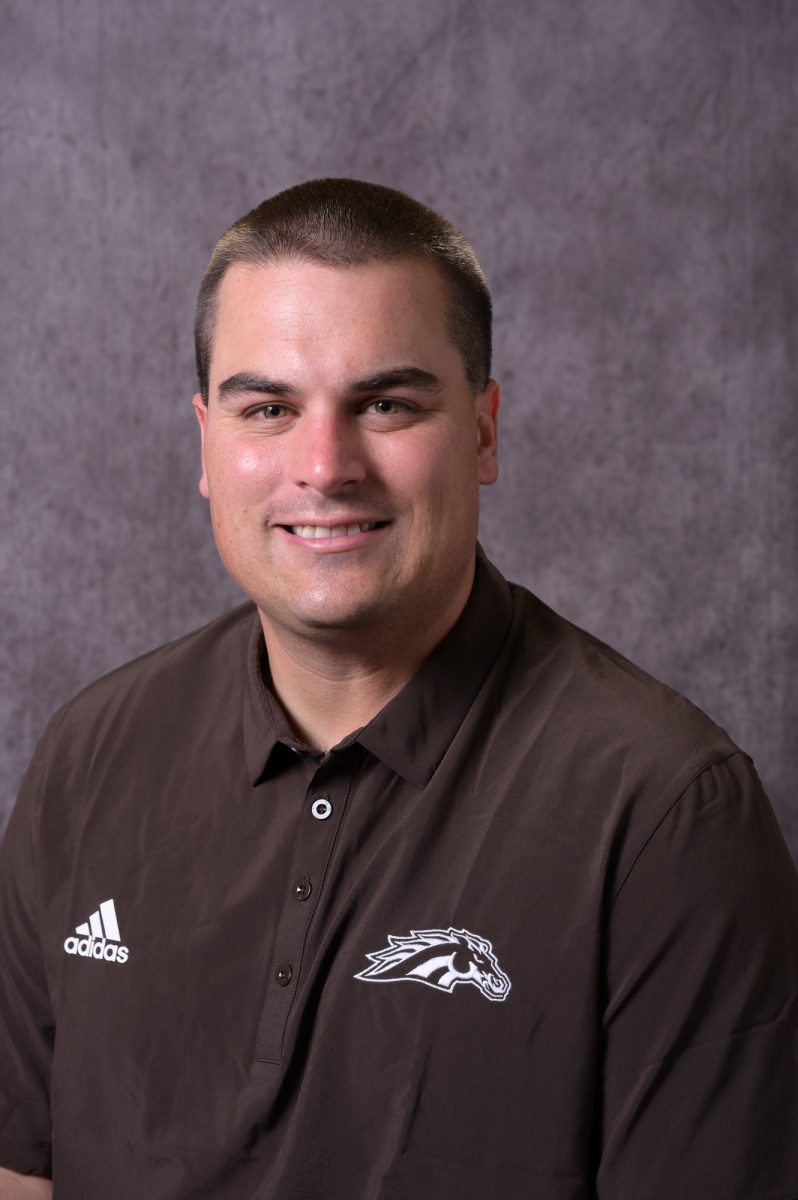


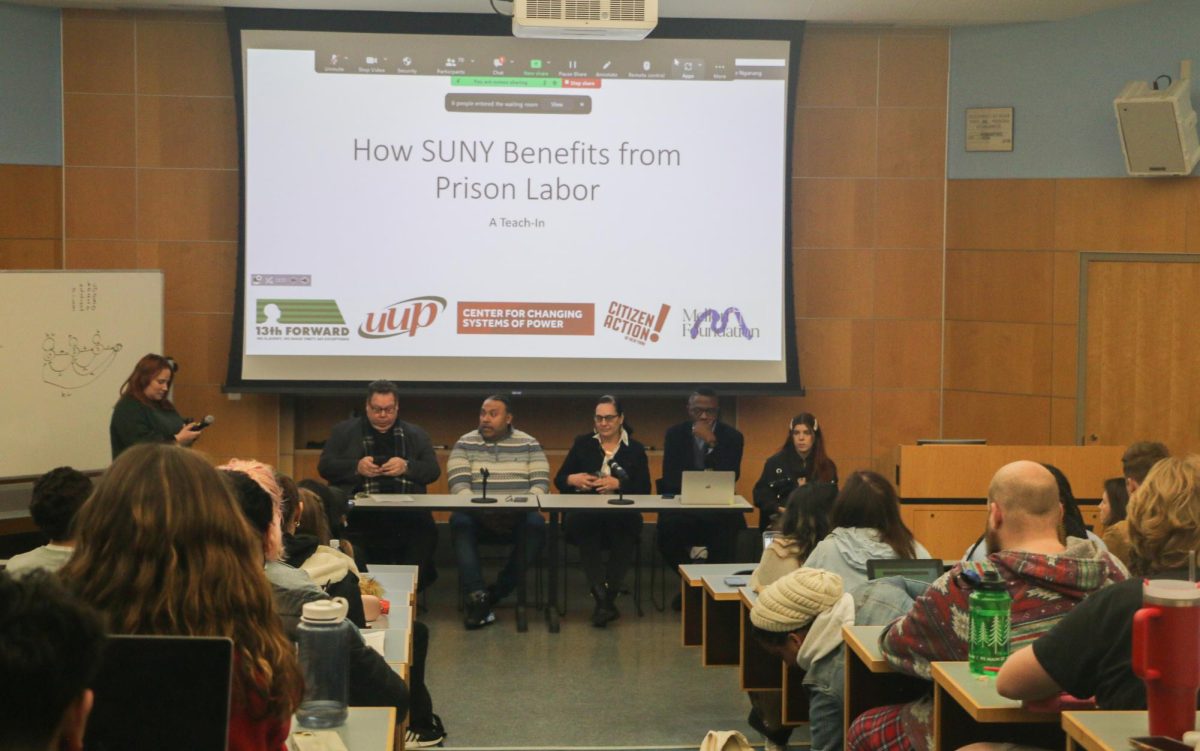

Jeff moss • Mar 4, 2023 at 7:46 pm
Any update on the investigation?
Jeff Moss • Feb 24, 2023 at 5:52 pm
I echo what Maryann wrote, Van Sullivan is bad news and what not in the dark about this he knew
Maryann campleasi • Feb 23, 2023 at 11:33 pm
As a recent former employee of FSA, who was in meetings with senior management of both FSA of CulinArt, all I will say is Van Sullivan is the scum of the earth and should definitely be investigated
Anonymous2 • Feb 22, 2023 at 12:17 pm
KARMA! This is “Poetic Justice” when one “corrupt” organization (FSA) gets ripped off by another “corrupt” organization.
I commend those “Whistle-blowers” who came forward and maybe this time they will not be ignored.
It is interesting that FSA’s external auditors EFPR Group are the same auditors used to consult Stony Brook about the proposed paid parking plan. That was published in Newsday. EFPR is not only FSA’s auditors, but they are also used as external auditors by USG and GSO. So how competent is EFPR as an external auditor/consultant when they failed to detect payroll issues and billing discrepancies?
FSA has had a long history of crossing boundaries; they have failed to follow SUNY Policies and even some of their own policies.
Stony Brook Vice President of Student Affairs, Rick Gatteau, is the President of FSA’s Board of Directors, did he just wake up to see what was going on. Doug Panico, SBU’s Internal Control Officer, had also sat on FSA’s Audit Committee and he also failed to see any “Red Flags!”
Both, Van Sullivan, FSA’s Former Executive Director and the FSA CFO, recently left FSA. Did they see the writing on the wall and bale on being held accountable?
Mat the real truth be told!
John • Feb 17, 2023 at 5:51 am
I was management for FSA 2016–2017 when I was abruptly let go do to exactly this. It was FSA that was stealing and I was contacted by SB a few months following my dismissal. 3 members of mgmt for FSA were terminated not long after. From my experience, I’d wager FSA will face backlash from this as well. I don’t believe CulinArt was in on this alone.
Parker • Feb 14, 2023 at 9:03 pm
Did FSA have a CFO or Controller during this time?? Were they aware of the fraud? Either gross incompetence or they were in on it. Has to be one or the other.
Quinn • Feb 14, 2023 at 4:53 pm
I want a full refund of my past two year meal plans
bruh • Feb 14, 2023 at 2:29 pm
Maybe they will consider dropping CulinArt now. They should have considered it when every single student complained about how bad the food is but…
Abir Ali • Feb 14, 2023 at 12:32 am
Oh NAH GANG no wonder the chicken is so bad….
Anonymous • Feb 13, 2023 at 11:10 pm
Thank you for your service to the Stony Brook community.
Wendy Pace • Feb 13, 2023 at 7:48 pm
Well written article. Nice job, uncovering the truth.